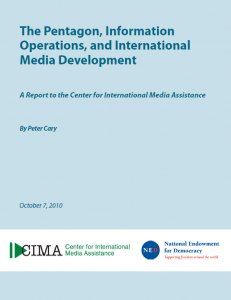
This op-ed is consistent with what I have learned about and experienced in Turkey. Chuck
October 25, 2010
By ROGER COHEN
ANKARA — Davutogluism is a mouthful. It’s not going to make Fox News any time soon. But if I could escort Sarah Palin, Tea Partiers and a few bigoted anti-Muslim Europeans to a single country illustrating how the world has changed, it would be the home of the D-word, Turkey.
Ahmet Davutoglu, who birthed a foreign policy doctrine and has been Turkey’s foreign minister since May 2009, has irked a lot of Americans. He’s seen as the man behind Turkey’s “turning East,” as Iran’s friend, as Israel’s foe, as a fickle NATO ally wary of a proposed new missile shield, and as the wily architect of Turkey’s new darling status with Arab states. The Obama administration has said it is “disappointed” in Turkey’s no vote on Iran sanctions last June; Congress is not pleased, holding up an ambassadorial appointment and huffing over arms sales.
Nostalgia is running high in Washington for the pliant Turkey of Cold-War days. Davutoglu is having none of it. “We don’t want to be a frontier country like in the Cold War,” he told me. “We don’t want problems with any neighbor” — and that, of course, would include Iran.
Zero problems with neighbors lay at the core of Davutoglu’s influential book Strategic Depth, published in 2001. Annual trade with Russia has since soared to $40 billion. Syrian-Turkish relations have never been better. Turkey’s commercial sway over northern Iraq is overwhelming. It has signed a free trade agreement with Jordan. And now Turkey says it aims — United Nations sanctions notwithstanding — to triple trade with Iran over the next five years.
All this makes the anemic West edgy: The policy has produced 7 percent growth this year. There’s also something deeper at work: The idea of economic interdependence as a basis for regional peace and stability sounds awfully familiar. Wasn’t that the genius of the European Union idea?
Read rest of this very serious article….
Phi Beta Iota: The author produced Alternative Paradigms in 1993, this book is available in English. At the time he was Professor of Political Science at the International Islamic University in Malaysia. Turkey is a world power, as is Iran, anyone who cannot get a grip on that reality will be flattened by reality. The axis between Malaysia and Indonesia, and between Muslims in Asia and Muslims centered on Dubai, is going to strengthen.







